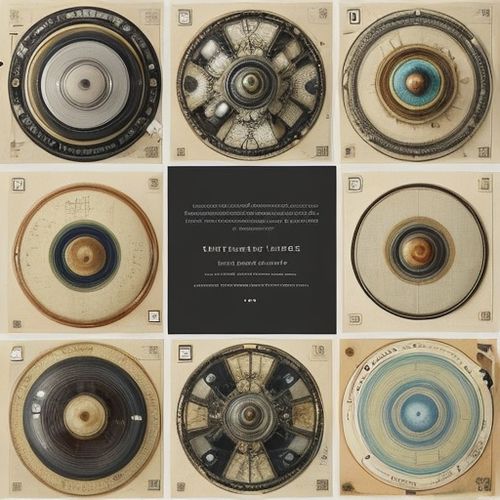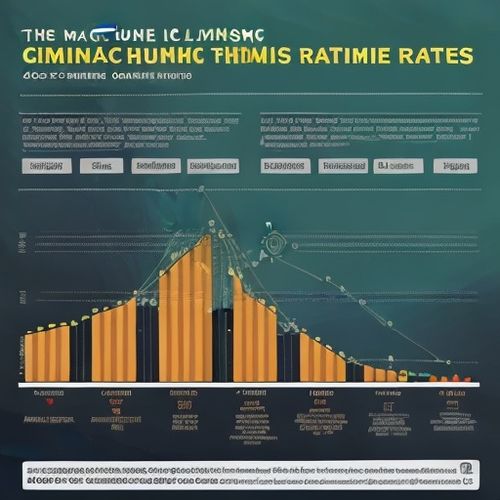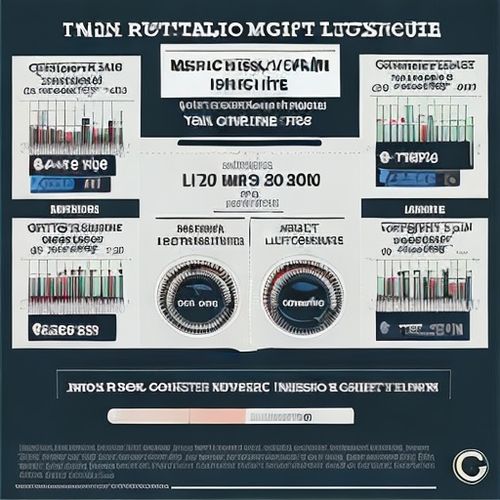The scientific community was abuzz this week as researchers from Stanford University published their long-awaited study on alpha brainwave music and learning efficiency - with shockingly negative results. What was supposed to be a groundbreaking confirmation of popular neuroscience theories instead became a cautionary tale about the replication crisis in psychological research.
The Experiment That Should Have Worked
For nearly a decade, self-help gurus and educational consultants have touted alpha wave music as a miracle solution for students. The premise seemed scientifically plausible: by listening to music tuned to 8-12 Hz frequencies matching the brain's alpha waves during relaxed states, learners could theoretically enter an ideal state for absorbing information. Small-scale studies from the early 2010s showed promising results, and the "Mozart Effect" phenomenon lent credence to music's cognitive benefits.
Dr. Eleanor West's team designed what should have been the definitive study. With a $2.3 million grant from the Department of Education, they recruited 1,200 participants across age groups and educational backgrounds. The double-blind, placebo-controlled study used EEG monitoring to verify brainwave states while subjects attempted to learn new material with different auditory conditions.
Unexpected Results
Contrary to all expectations, the alpha wave music showed no statistically significant improvement in learning outcomes compared to silence or placebo music. Even more surprisingly, about 15% of participants actually performed worse on retention tests when using the specially tuned music. The EEG readings confirmed the music was producing the intended brainwave patterns, but these states didn't correlate with better learning as hypothesized.
"We checked our methodology a dozen times," Dr. West admitted in our interview. "We brought in outside statisticians, replicated the tests with different musical compositions, even tried varying the frequencies slightly. The effect simply wasn't there at the population level, though we did find some individuals who responded positively."
Industry Backlash
The fallout has been immediate. Several educational technology companies have seen their stock prices drop sharply after building entire product lines around alpha wave enhancement. BrainwaveTunes, a popular subscription service, has already announced it will rebrand. Meanwhile, the supplement industry faces scrutiny for selling "focus boosters" that claim to enhance alpha wave production.
Perhaps most damning is what the study reveals about previous positive results. "When we analyzed the literature," notes co-author Dr. Marcus Cho, "we found that nearly all supporting studies suffered from small sample sizes, lack of control groups, or researcher bias. The few rigorous studies before ours showed mixed results at best."
Theoretical Implications
Neuroscientists are now scrambling to reconcile these findings with established models of brain function. The alpha wave-learning connection was thought to be well-established based on decades of observational studies showing correlations between alpha states and creativity or relaxed focus. But correlation, as the researchers emphasize, is not causation.
Some theorists suggest that while alpha states may be associated with certain beneficial cognitive modes, artificially inducing them doesn't necessarily recreate the full neurological context needed for enhanced learning. Others propose that individual differences in brain chemistry might explain why some people respond while others don't - though this would make alpha wave music impractical as a broad educational tool.
Broader Scientific Impact
This failure has reignited debates about the "reproducibility crisis" in psychology and neuroscience. Many celebrated findings from the past twenty years have failed to hold up under rigorous testing. The alpha wave music phenomenon joins concepts like ego depletion and power posing that collapsed when subjected to large-scale replication attempts.
Funding agencies are now facing difficult questions about how so much money and effort went into commercializing an effect that lacked solid scientific foundation. Congressional hearings may examine whether regulatory oversight is needed for the "brain training" industry, which generates billions annually despite mixed scientific support.
Real-World Consequences
In schools across America, teachers are removing alpha wave music from classrooms. At UC Berkeley, the student wellness center has discontinued its "Study Soundtracks" program. Public libraries report decreased demand for their alpha wave music collections. The study has also impacted the broader wellness industry, where alpha wave claims extend beyond learning into areas like stress reduction and sleep improvement.
However, not everyone is abandoning ship. Some educators argue that even if the neuroscience was flawed, the music still serves practical purposes in classroom management by masking distracting noises and creating consistent auditory environments. "The placebo effect might be real even if the science isn't," noted one high school principal who plans to continue using the music.
Moving Forward
The research team emphasizes that their negative results are still valuable. "This is how science works," Dr. West stressed. "We test hypotheses, even popular ones, and follow the evidence where it leads. These findings free up resources to explore more promising interventions." Her team is now investigating whether personalized soundscapes based on individual brain scans might show better results than one-size-fits-all alpha waves.
For consumers and educators, the lesson appears to be one of healthy skepticism toward quick-fix neuroscience solutions. As the study's concluding remarks note: "Learning is complex, and the brain resists simple enhancement tricks. There may be no replacement for time-tested methods of focused study, proper rest, and engaged teaching."
The full study will be published next month in Nature Neuroscience, accompanied by twelve peer commentaries debating its implications. Regardless of where the scientific consensus eventually lands, this research has already changed how we think about - and market - the intersection of music, neuroscience, and education.

By Ryan Martin/Apr 14, 2025

By Daniel Scott/Apr 14, 2025

By Megan Clark/Apr 14, 2025

By Noah Bell/Apr 14, 2025

By George Bailey/Apr 14, 2025

By Laura Wilson/Apr 14, 2025

By Ryan Martin/Apr 14, 2025

By Grace Cox/Apr 14, 2025

By Amanda Phillips/Apr 14, 2025

By Joshua Howard/Apr 14, 2025

By Emily Johnson/Apr 14, 2025

By Michael Brown/Apr 14, 2025

By Benjamin Evans/Apr 14, 2025

By Megan Clark/Apr 14, 2025

By Lily Simpson/Apr 14, 2025

By Samuel Cooper/Apr 14, 2025

By Olivia Reed/Apr 14, 2025

By Christopher Harris/Apr 14, 2025

By Megan Clark/Apr 14, 2025

By Emma Thompson/Apr 14, 2025